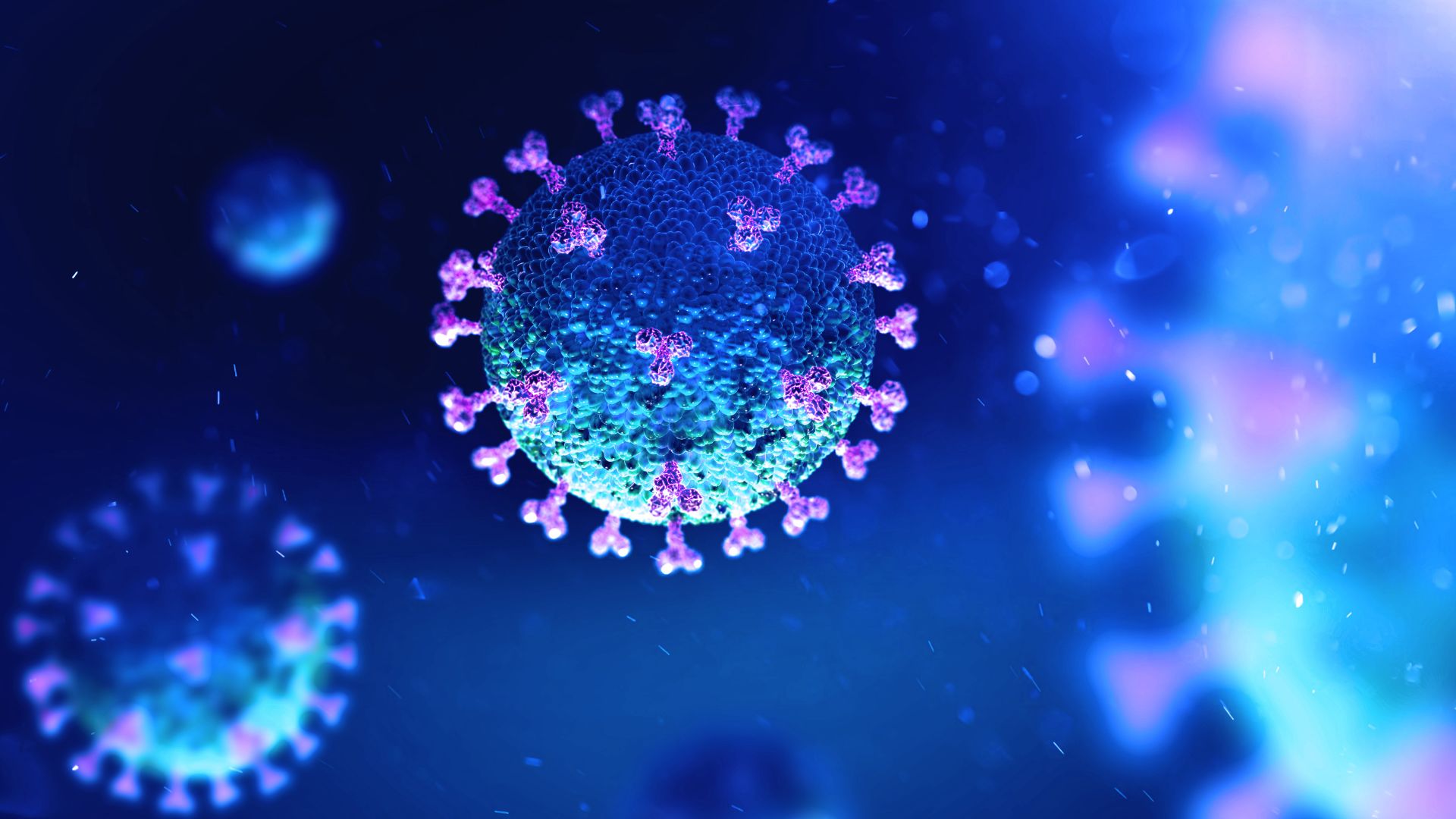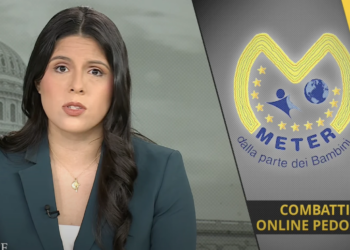
A newly identified COVID-19 sub-variant, known as NB.1.8.1 or “Nimbus,” is drawing international attention as cases begin to increase in parts of the United States and around the globe.
The World Health Organization (WHO) and national health agencies are monitoring the variant, which has been unofficially dubbed “razor blade throat COVID” due to reports of severe sore throat symptoms.
It’s called strep throat. Growing up we always said it felt like swallowing razor blades. Strep throat will disappear just like the flu did when they renamed it Covid. Don’t fall for this crap again. pic.twitter.com/uFNdMeN2jC
— Patriotgrandma (@Sharkwife3) June 19, 2025
Trump’s Sovereign Wealth Fund: What Could It Mean For Your Money?
According to the WHO, COVID-19 cases began rising again in May, particularly in the eastern Mediterranean, Southeast Asia, and the western Pacific regions.
Health authorities estimate that approximately 11% of the new global cases are associated with the Nimbus variant.
In the United States, the variant has been identified through airport surveillance programs in travelers arriving from international destinations.
This Could Be the Most Important Video Gun Owners Watch All Year
Positive samples linked to the new strain have been detected in California, New York, and Washington state, according to a report by the Associated Press.
International health officials have also noted similar symptoms and patterns tied to the sub-variant in the United Kingdom and India.
Medical professionals in those countries have reported an uptick in patients presenting with sore throats as a primary symptom — a key indicator associated with the NB.1.8.1 lineage.
The nickname “razor blade throat COVID” has been widely circulated due to the nature of the sore throat symptom, which has been described by patients as unusually painful.
Despite the moniker, officials say the variant does not appear to be more dangerous or lethal than previous strains at this time.
However, the WHO continues to study its spread, transmissibility, and potential resistance to current vaccines or treatments.
The Centers for Disease Control and Prevention (CDC) has not issued a public alert regarding Nimbus but has maintained ongoing surveillance of variants through its genomic sequencing partnerships and traveler-based testing programs.
Federal officials say the existing monitoring systems are designed to detect and respond to changes in COVID-19 patterns and ensure situational awareness.
Travelers arriving at international gateways are being encouraged to monitor for symptoms and follow local health guidelines.
In the past, the U.S. has relied on targeted testing and sequencing at major airports to detect incoming infectious threats, a process that continues to be utilized in coordination with the CDC and other agencies.
Although case numbers in the United States remain significantly lower than at pandemic peak levels, health authorities have noted minor regional increases, particularly in urban centers and areas with high volumes of international travel.
Public health officials are urging providers to report unusual symptom clusters and continue standard testing protocols.
The WHO has not yet declared Nimbus a “variant of concern” but notes that it is being tracked as part of its broader surveillance of COVID-19 variants.
Health officials say that while spikes in cases are not uncommon as new variants emerge, current data does not suggest a significant departure from the established course of the virus.
As of now, no changes to public health recommendations or travel restrictions have been announced in relation to the NB.1.8.1 variant.
Health agencies worldwide continue to encourage vaccination, testing when symptomatic, and preventive hygiene measures as the best tools to minimize the spread of COVID-19 and its sub-variants.
Connect with Vetted Off-Duty Cops to Instantly Fulfill Your Security Needs

!['Razor Blade Throat COVID' Variant? WHO Tracks Painful New Strain [WATCH]](https://www.right2024.com/wp-content/uploads/2025/06/Razor-Blade-Throat-COVID-Variant-WHO-Tracks-Painful-New-Strain-750x375.jpg)
![Former Bravo Star Charged After Violent Assault Using a Rock-Filled Sock in Tennessee Walmart [WATCH]](https://www.right2024.com/wp-content/uploads/2025/07/Former-Bravo-Star-Charged-After-Violent-Assault-Using-a-Rock-Filled-350x250.jpg)



![Karoline Leavitt Levels CNN's Kaitlan Collins and Other Legacy Media Reporters [WATCH]](https://www.right2024.com/wp-content/uploads/2025/07/Karoline-Leavitt-Levels-CNNs-Kaitlan-Collins-and-Other-Legacy-Media-350x250.jpg)
![Man Arrested After Screaming at Senators During Big Beautiful Bill Debate [WATCH]](https://www.right2024.com/wp-content/uploads/2025/06/Man-Arrested-After-Screaming-at-Senators-During-Big-Beautiful-Bill-350x250.jpg)



![Illegal Alien Walked Free After Decapitating Woman, Abusing Corpse for Weeks [WATCH]](https://www.right2024.com/wp-content/uploads/2025/07/1753013138_Illegal-Alien-Walked-Free-After-Decapitating-Woman-Abusing-Corpse-for-350x250.jpg)





